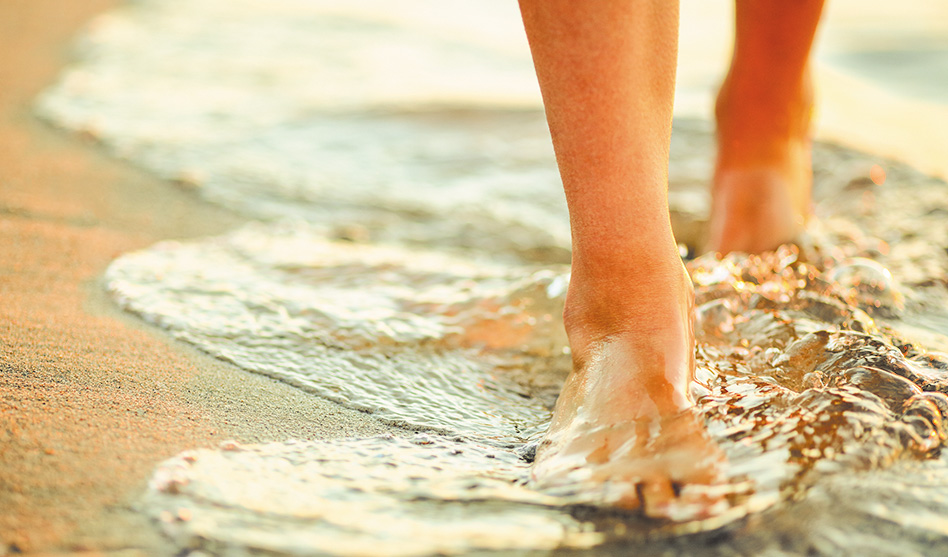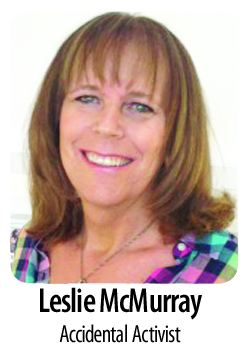
Sounds and sand and going back to a time and place of comfort and calm
 The sound of cars driving over expansion joints in a bridge — the distinctive, almost train like, “clack-clack” sound as the cars pass overhead — takes me instantly back to some of my favorite childhood memories. It was the summers of 1971 and ’72; I was a Sea Scout (the Sea Scout Base is still in the same place today, under the 2nd Street bridge, near “Mother’s Beach,” though it wasn’t called that back then) in Long Beach, Calif.
The sound of cars driving over expansion joints in a bridge — the distinctive, almost train like, “clack-clack” sound as the cars pass overhead — takes me instantly back to some of my favorite childhood memories. It was the summers of 1971 and ’72; I was a Sea Scout (the Sea Scout Base is still in the same place today, under the 2nd Street bridge, near “Mother’s Beach,” though it wasn’t called that back then) in Long Beach, Calif.
The training I received in the Sea Scouts served me well. I learned knot-tying, sailing, water rescue, how to empty a swamped canoe in deep water and climb back into it, plus a whole lot more. Growing up just a couple of miles from the Pacific Ocean, that was all handy stuff.
What I remember most was just how carefree I felt then. The summer air was cool under the bridge; the feel of sand under my feet. (I was always barefoot, and having sand under my feet was as familiar and comfortable to me as breathing.)
Alamitos Bay was salt water, as it was affected by the tides from the Pacific. It was also what people in the South would call “cold” (mid 50s to mid 60s). But I didn’t know any different, so to me, that’s just what water felt like.
And I wanted to be in it or sailing on it.
Some of my most powerful memories of my early teen years are from my time spent under and around that 2nd Street bridge — walking barefoot through the boat, the coolness of the salt air and breeze from the water, the smell of fiberglass resin and lubricants for marine equipment. There was a small speaker that played music from the most popular bands, like The Carpenters, America or Crosby, Stills and Nash.
And then there was the sound of the cars driving over the bridge above — clack-clack, clack-clack — in the background.
One of the first things we had to do in the Sea Scouts was prove we could swim. So on day one, first thing in the morning, we had to run out into the calm waters of the bay and swim 400 yards down to what is now known as “Mother’s Beach.”
At the far end of the bay, to the north, was Marine Stadium. I used to watch the drag boats there — boats with names like “Mr Ed” or “Panic Mouse.” The guys who drove these incredible machines were my early heroes.
Another boat that captured my imagination was the Robert Fortune. It was a work boat, maybe 35-40 feet long, with an open bed like a pickup truck. The name “Robert Fortune” was stenciled across the transom.
I never saw it going more than about 3 to 5 mph. It was taking guys and equipment out to the Oil Islands off the coast of Long Beach. I recall seeing this boat leave and then return later in the day.
Robert Fortune was a Scottish botanist, best known for stealing tea plants from China on behalf of the British East India Company. He died on April 13, 1880.
I don’t know why the name stuck, but it did. Maybe just seeing it so often burned it into my memory.
The Oil Islands were drilling platforms in Long Beach Harbor disguised to look like buildings, with palm trees and attractive lighting. They were pretty, but the facade hid the oil drilling equipment.
The islands also had names; Grissom, White and Chaffee. They were named for the astronauts who perished in the Apollo 1 fire on the launch pad at NASA in 1967.
I guess there are a lot of reasons why this time in my life was so special. Mostly though, it was about a place where there weren’t any distractions. My body was beginning to do things that were the last thing I wanted, and here was a place I could just be me.
The ocean doesn’t judge. Nobody was walking around glued to a cell phone (they didn’t even exist). It was just sailing, swimming andlearning about how to use the wind to your advantage and what to do when things went wrong.
Using headwinds to help you get where you want to go became a valuable metaphorical lesson for dealing with the headwinds to come in the years ahead.
I miss those days. But whenever I step foot on a beach and feel the sand wrap around my toes, whenever I hear the sound of cars going over a bridge, especially the echo-y sounds heard from underneath the bridge or when the air is cool and the breeze is light, I get to go back there, to a simpler time, if only for a minute.
Leslie McMurray, a transgender woman, is a former radio DJ who lives and works in Dallas. Read more of her blogs at lesliemichelle44.wordpress.com.

